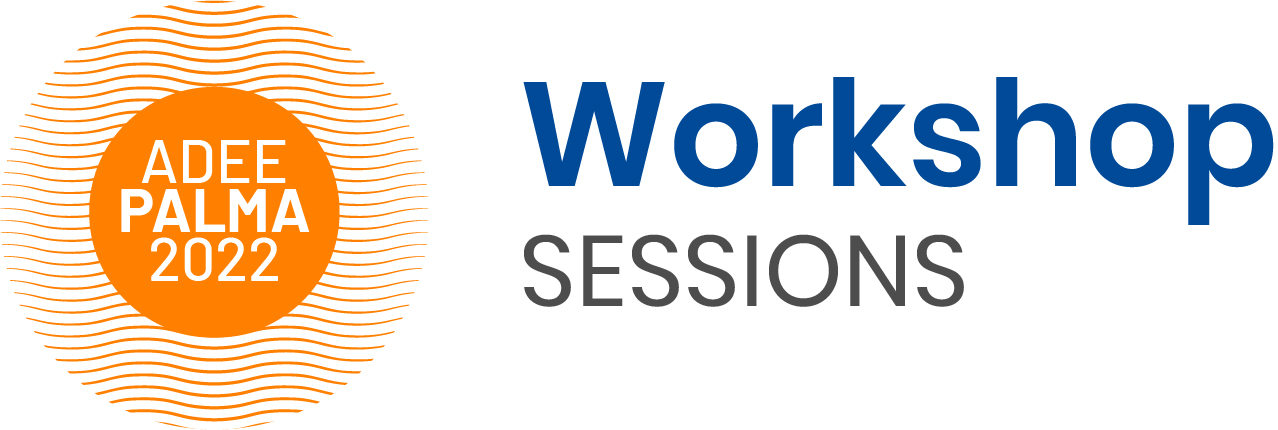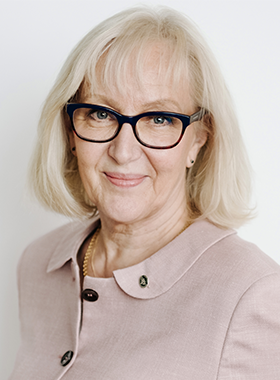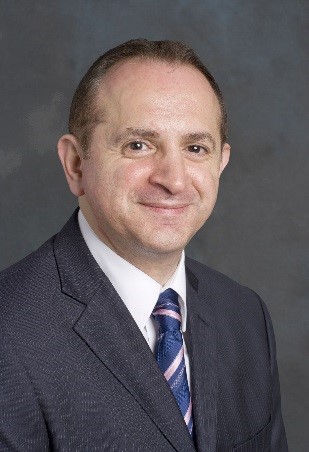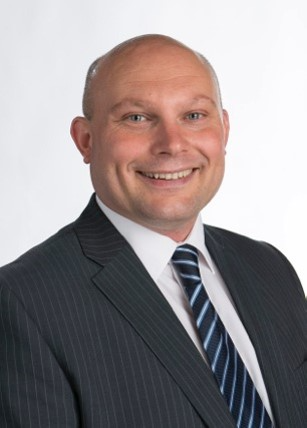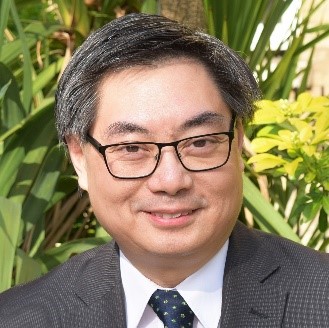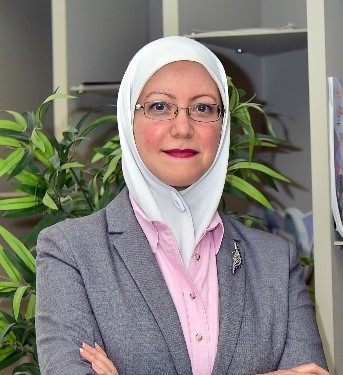CEST (Madrid, Paris, Berlin)
Room allocation: Menorca 1
The goal of Intraprofessional education (IPE) is to bring various professional groups together in a shared educational environment to promote collaborative practice (CP) and improve patient health care. In many countries, teaching of dental hygiene students takes place separately from the teaching of dental students, often with limited or no interaction at all between these two student groups. This is unfortunate and counterproductive as there is a considerable curricular overlap of dental hygiene and dental programmes which lends itself to an effective ‘dental team’ teaching approach in an interprofessional environment; thereby facilitating interprofessional collaboration and the concept of team training from early on in dental/dental hygiene education. It is therefore hypothesised that the promotion of a shared teaching approach of dental students and dental hygiene students to deliver an integrated team based educational experience enables interaction with each other in terms of direct communication and treatment planning, let alone practising effective shared patient care during training.
Quantitative and qualitative data on IPE and CP teaching and experiences were collated through a questionnaire delivered to attendees of the Association for Dental Education in Europe (ADEE) annual conference in 2021. Qualitative data were collected via three focus groups at the conference, each discussing a particular theme. The questionnaire and conference were delivered online via Google Forms and MS Teams respectively. Quantitative data were analysed descriptively, qualitative data were analysed narratively, and both were triangulated.
42 questionnaire responses were received from respondents from 18 countries within Europe and beyond. The respondents reported having a variety of roles in their dental schools. Whilst there was conformity on the benefits of IPE and CP, the findings indicate that IPE and CP have only become established in a limited number of countries, predominantly at preclinical level. Marked variations were observed in most countries regarding the teaching and practise of IPE and CP, particularly in relation to simulation and clinical teaching. Barriers to IPE and CP included logistics of bringing different programmes together, teaching taking place at different sites, timetabling challenges, funding issues, and staff adaptability.
The primary aim of this Special Interest Group (SIG) Workshop is to report the findings of a mixed methods study on aspects of IPE and CP as a modern dental team based alternative approach to the isolated teaching of dental students and dental hygiene students in European countries. The secondary aim is to collate new and more detailed data on IPE and CP to gain a deeper understanding into the practice of and barriers to IPE on an international level.
Time |
Presentation |
| 08:00 | Welcome |
| 08:05 | Background, Aims and work to date |
| 08:35 | Results to date |
| 09:00 | Questionnaire and themed focus group discussion |
| 09:30 | Report of findings from themed focus groups |
| 09:50 | Concluding remarks and next steps |
| 10:00 | Close |
This SIG workshop aims to:
- Promote IPE to dental health professionals responsible for and involved in the education of dental students, dental hygiene students and policy makers
- Identify and implement teaching methods and projects that advance the goal of IPE to improve team based education and quality of shared patient care
- Provide a forum for educational support and exchange of experience about IPE, including assessment, evaluation, and related research, within ADEE and with other national and international organisations involved in medical and dental education
- Furthering the educational objectives of the SIG via ADEE meetings, annual reports, journal publications and workshops at ADEE conferences.
